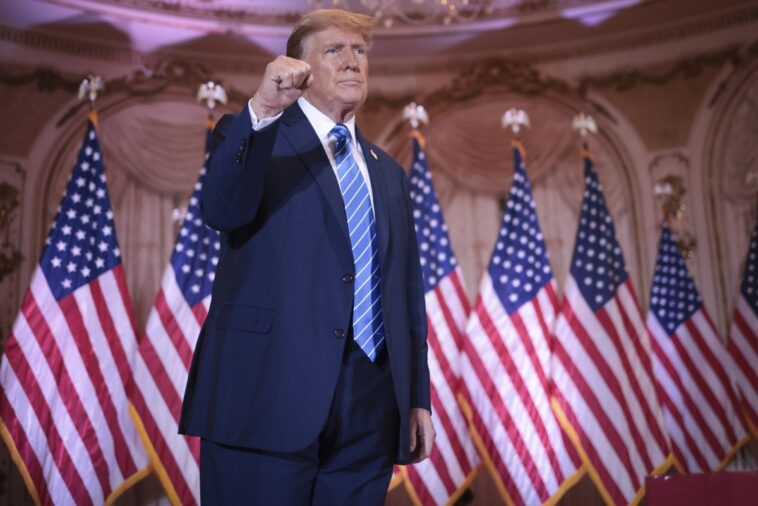Former federal prosecutor Andrew Weissmann has raised the alarm on what he deems as the “worst possible outcome” in the latest development of the legal saga surrounding former President Donald Trump’s classified documents case. U.S. District Judge Aileen Cannon’s recent decision has sparked concerns among legal experts and observers, hinting at potential complications for the government’s prosecution efforts.
In a recent appearance on MSNBC’s Lawrence O’Donnell, Weissmann dissected Judge Cannon’s ruling and highlighted its potential ramifications. The crux of the matter lies in Trump’s claim that special counsel Jack Smith’s case is based on unconstitutional vagueness. While Judge Cannon dismissed this motion, she refrained from making a definitive decision, leaving the door open for Trump’s legal team to raise the issue again in the future.
Weissmann argues that Judge Cannon’s approach creates significant hurdles for the prosecution. By neither outright rejecting Trump’s claim nor ruling in favor of the government, the judge has effectively prolonged the legal proceedings. This delay tactic, according to Weissmann, plays into Trump’s hands, allowing him to potentially evade accountability and manipulate the timing of the case to his advantage.
Furthermore, Weissmann highlights the potential legal complications that could arise if the issue is addressed after a jury is sworn in. The attachment of double jeopardy at that stage could further complicate matters for the prosecution, potentially jeopardizing the case against Trump.
Former acting Solicitor General Neal Katyal echoes Weissmann’s concerns, criticizing Judge Cannon for prolonging what he deems as a straightforward matter. Katyal emphasizes the urgency of resolving Trump’s legal challenges promptly, expressing frustration at the unnecessary delays caused by the court proceedings.
The implications of Judge Cannon’s decision extend beyond the immediate legal ramifications. They raise questions about the integrity of the judicial process and the potential for political interference in legal proceedings. With Trump’s track record of exploiting legal loopholes and manipulating the justice system to his advantage, every delay in the case brings with it the risk of further erosion of public trust in the rule of law.

In conclusion, the latest ruling in Trump’s classified documents case underscores the complexity and challenges inherent in pursuing accountability for high-profile figures. As the legal battle continues to unfold, it remains imperative for the judiciary to uphold the principles of justice and fairness, regardless of the political implications. Only through a transparent and expeditious legal process can the truth be pursued and justice served.




